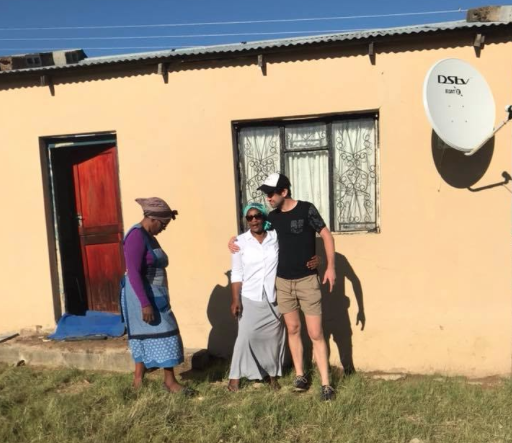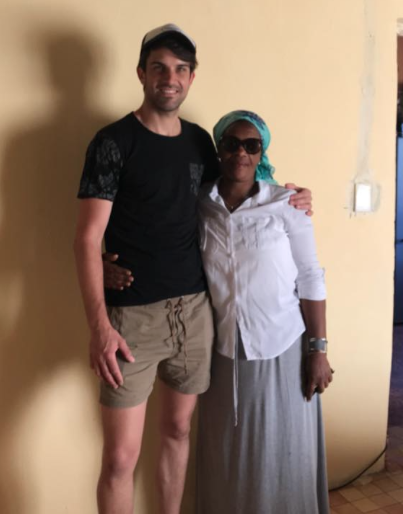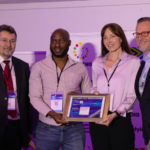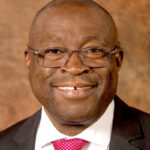Privileged SA White Man Reflects On Racial Segregation , Takes Time Off To Live At Domestic Worker’s House. Kristof Shared in detail how disconnected to domestic workers realities many privileged white employers are and the impact of racial segregation in a broader SA context and what he did to bridge the gap! Read his touching story below!
I’m not really sure who to address this to, which is why it begins, well, like this.
I am grappling with the concept of racial segregation. One of the reasons for this grapple is a total inability to imagine the inner workings of a mind that justifies and embraces oppression.
I spent last week in one of Nqamakwe’s most remote villages with a woman named Nosanele, or Thandeka, or Patricia, and her family. Patrish came into my life over 20 years ago in the same way that many black women come into the lives of young predominantly white children – through employment as a Domestic Worker. It’s a typical scenario and a bitter-sweet concept for me. Bitter, because I resent that our country’s history has given hundreds of thousands of black women no option but to earn a very basic living through cleaning the homes of others. Sweet, because I met and came to love a real-life hero. Patrish has overcome hardship that my sheltered upbringing wouldn’t even begin to comprehend. Patrish has raised and supported four children almost single handedly.
I remember being with my mother when we met Patrish for the first time. All I remember was her trying to describe her “place of residence” – a small torn tent in Khayelitsha.
For two decades she has caught trains and taxis into lavish Cape Town suburbs to put bread on her table. Patrish has seen me grow up wanting for nothing, often taking it all fore-granted. Having been deprived of the opportunities afforded to me as a youngster, Patrish never got to choose between, say, a career as an accountant, or a doctor. I never fathomed this then, but I do now.
Every December, Patrish catches a bus to the Transkei. For many early years, I couldn’t even pronounce “Transkei”. These days, I look forward to crossing over the Kei River Bridge, where the air is thick with heat and fynbos.
As I came to understand the terrible history of our country, I imagined with increasing interest the place where Patrish spent every December. She told me it was where she was born, where her mother lives. “The bundu house”, she often exclaims.
It really bothered me that Patrish knew my home, but that I knew nothing of her’s.
SMS to Patricia
Tuesday 28 November 2017
“Hey Patrish,
How are you?
I would love to come visit and stay with you in the(sic) Nqamakwe. Would you be ok with that?
Kris”
So, there it was, 22 years after Patrish and I first met, I hopped into my car and began a quiet solo journey that would land up both enraging and delighting me.
Oh, and chill, Ndizama ukufunda ukuthetha isiXhosa, kunjalo ndakwazi ukuthetha wonke umntu.
I shook the hands of strangers who were already my family.
I slept in houses I’d never been in before, but that were already home.
I walked in fields I’d never seen before, but felt as familiar as the fondest childhood memory.
They say this is what Ubuntu feels like.
In parting, an old man walked up to me having not seen a white person in the village since 1950, held my shoulders and literally said: “Now I know that apartheid really is over….”
And yes, apartheid is over. But for just 10 minutes I wish I could stand in front of those people who implemented it.
I would want to tell them about my family in Nqamakwe. I would want to tell them about my friend and hero, Patrish. I would want them to know that, people like Patrish and I see each other, hear each other, speak to each other, treasure each other.
I would finish by telling them that their stupid plan failed. And that South Africa is recovering.













